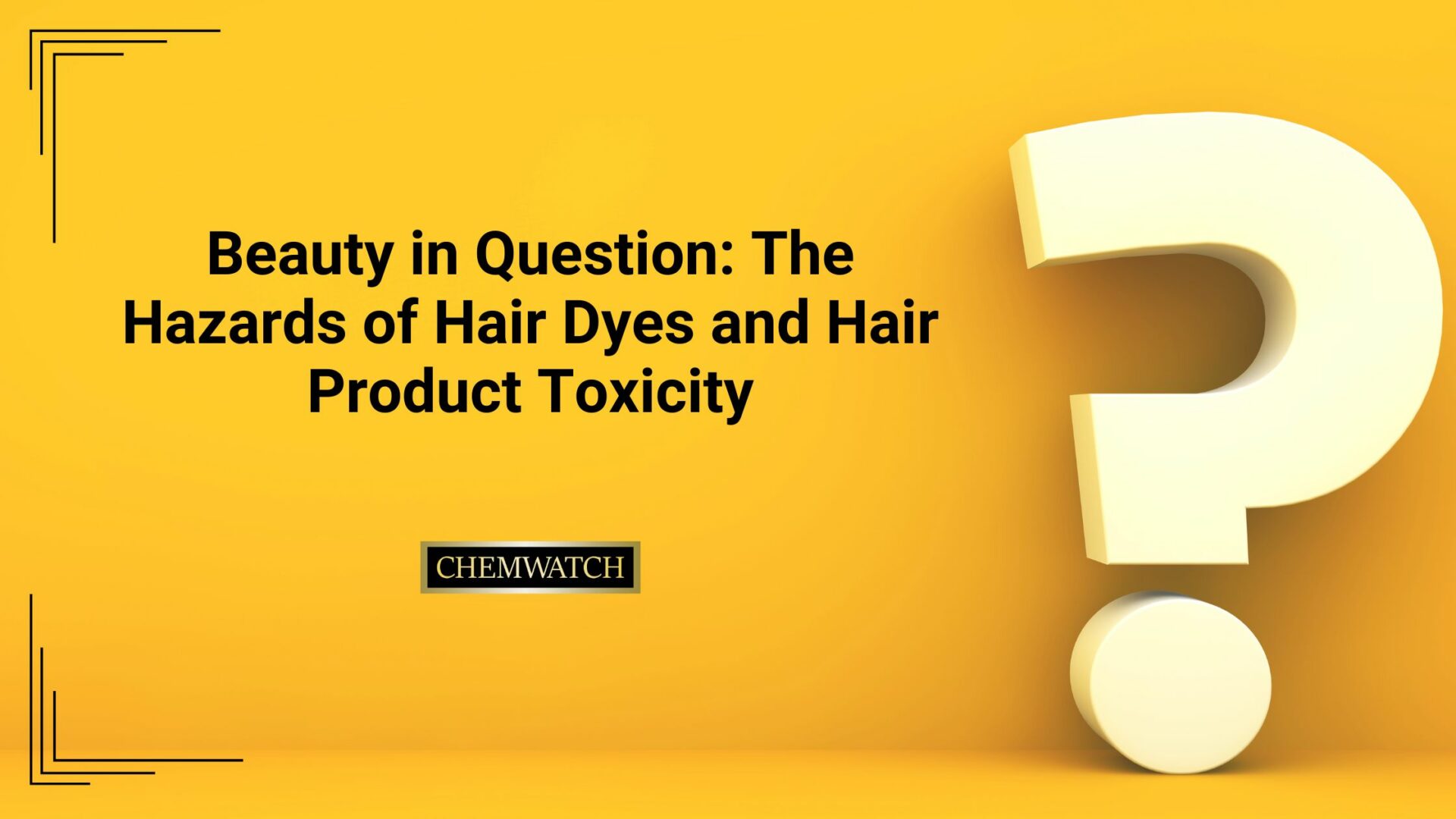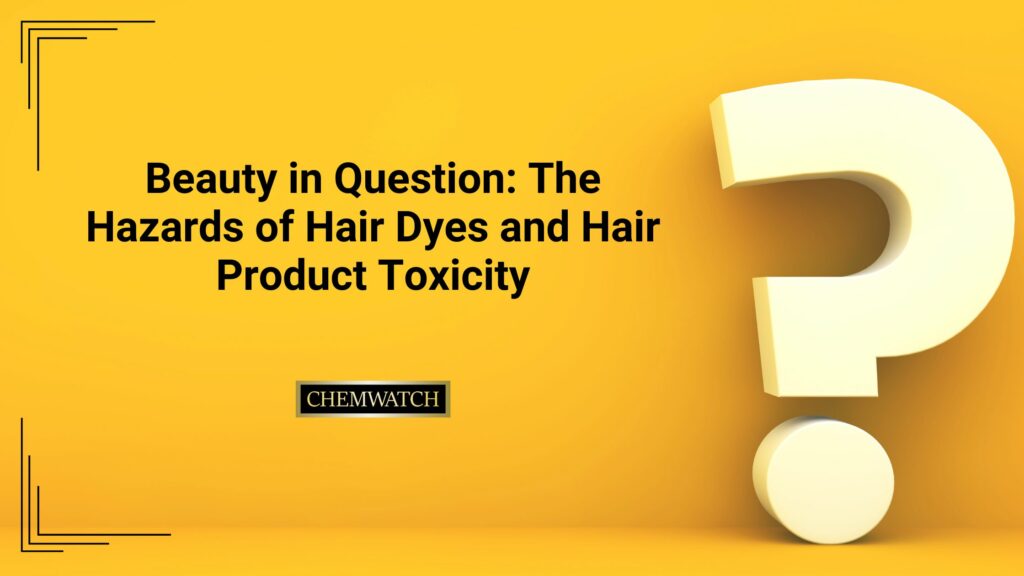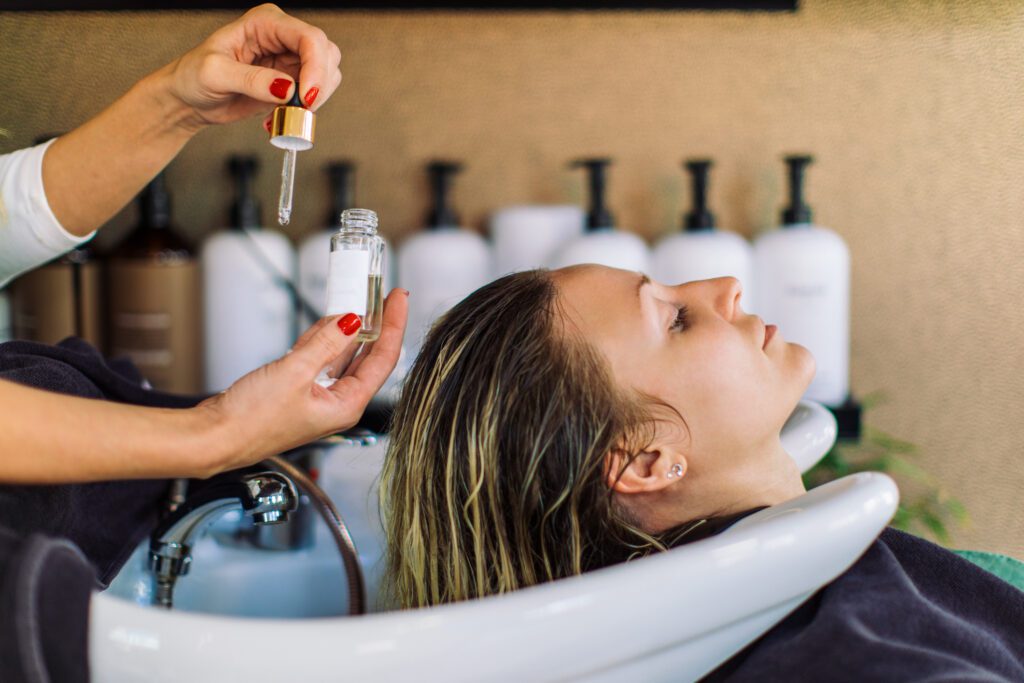
Hair dyes have been with us for several years now. They have become almost a staple in everyone’s cosmetic collection. But recently, there's been a growing concern regarding the chemicals used in hair dyes and their effects on humans. The concern is not just limited to chemists; now common people are also concerned about the harmful effects of hair dyes and other hair products. Interestingly, recent studies have revealed that certain chemicals used in hair dyes and hair products may pose a significant danger to human health. Several countries have started taking steps to curb the use of dangerous chemicals in these products. In this article, we will discuss the possible toxicity of hair products.
Whether one uses hair dyes as a means of self-expression or to enhance one’s appearance, it's important to understand that these hues come at a cost. Among all the chemicals used in hair products, paraphenylenediamine, also called PPD, is a common ingredient and has been associated with several allergic reactions. The reaction may range from mild to severe skin irritations. There have been cases where PPD has even caused anaphylactic shock, a life-threatening condition. Even some of the hair dyes that use aromatic amines, such as 4-ABP (4-aminobiphenyl), have been found to be carcinogenic for humans. Further studies have found that prolonged exposure to these harmful substances may also increase the risk of bladder cancer. It just does not end here; scientists have further found a connection between the use of hair dyes and an elevated risk of other cancers.

While the research on this topic is still ongoing, these findings raise legitimate concerns about the long-term effects of hair dye usage. The concern is not just for hair dyes but also for other hair products like shampoos, conditioners, and styling products. Many of these products contain sulfates, such as sodium lauryl sulfate (SLS) and sodium laureth sulfate (SLES), which are known to cause skin irritation and dryness. Additionally, some hair products also contain formaldehyde-releasing preservatives, such as DMDM, hydantoin, and quaternium-15, which can cause allergic reactions and are potential carcinogens.
Countries across the world have realised the potential risks associated with these products and have implemented various rules to curb them. In particular, the United States has taken steps to regulate and ban certain harmful ingredients used in hair dyes and other products. One notable development is the banning of lead acetate in hair dyes. In 2018, the US Food and Drug Administration (FDA) issued a final rule prohibiting the use of lead acetate in hair coloring products due to concerns about its potential lead exposure and associated health risks. This ban ensures that consumers are protected from a known toxic substance. Noting the steps taken by the government, companies like Unilever issued a voluntary US recall of select dry shampoos due to the potential presence of Benzene. It’s promising to see organisations taking public health and safety seriously.

Additionally, the US has also restricted the use of formaldehyde in hair smoothing products. Formaldehyde is a known human carcinogen, and its use in popular treatments such as the Brazilian Blowout has raised serious health concerns. The Occupational Safety and Health Administration (OSHA) has set limits on formaldehyde exposure in salon settings, and some states have gone a step further by implementing outright bans on these treatments.
Progressing further on curbing the use of harmful chemicals, the US Environmental Protection Agency (EPA) is actively working on monitoring and regulating the use of safer chemicals for cosmetic products. The government has placed a greater emphasis on scrutinizing hair products to identify potentially harmful ingredients. This emphasis by the government has encouraged manufacturers to reformulate their products to meet safety standards.
While it is commendable to see the government being so vigilant about the use of harmful chemicals in cosmetic products, it is equally important for consumers as well to educate themselves about the ingredients in the cosmetic products they use. Reading labels and researching ingredients is a good practice to follow as an individual that helps in making informed decisions. Alternatively, one can also go for safer alternatives like natural or organic hair dyes and products without being worried about their side effects.
In a nutshell, the hazards of hair dyes and hair products cannot be overlooked. Researchers have now proved that chemicals used in these products cause allergic reactions, skin irritations, and, in some severe cases, serious health conditions, including cancer. However, while countries like the United States have actively taken significant steps to address these concerns, we as consumers should also be vigilant about our choices.
Many chemicals are not safe to be inhaled, consumed, or applied to the skin. To avoid accidental consumption, mishandling and misidentification, chemicals should be accurately labelled, tracked, and stored.
The Chemwatch team is informed by over 30 years of chemical expertise and well equipped to help you with regulatory compliance, SDS authoring, chemical risk assessment, inventory management, and more. Contact us today to learn more!
Sources: